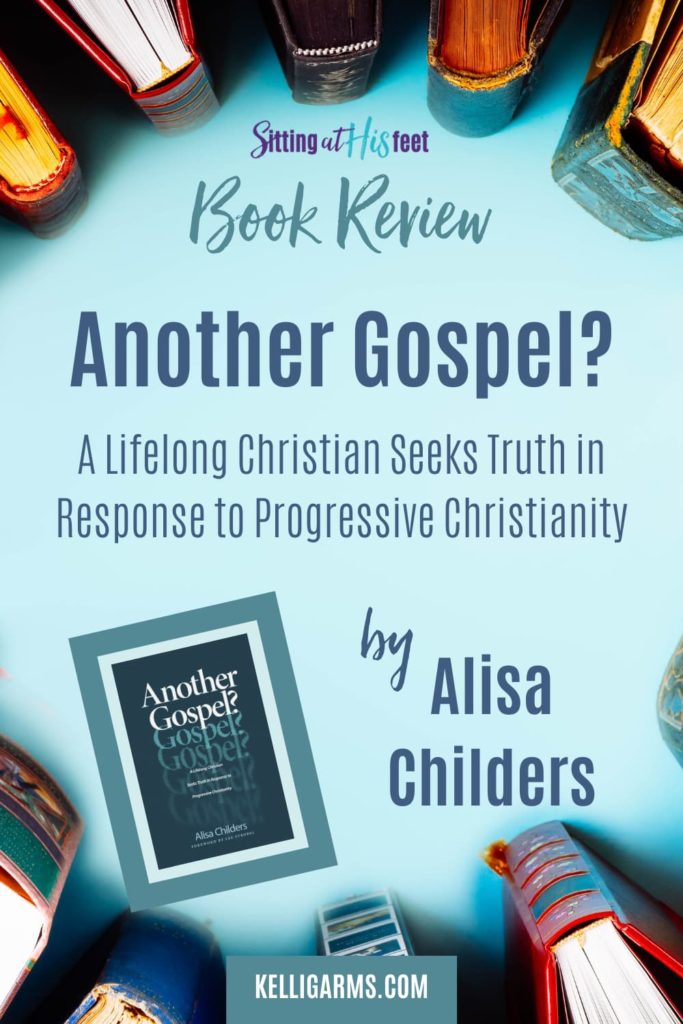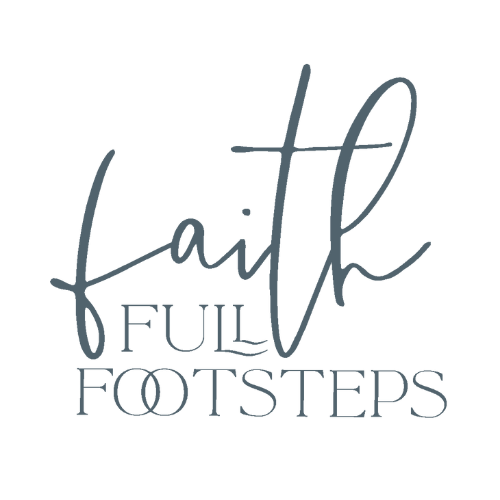Alisa Childers tackles the difficult questions that led to the deconstruction of the Christian faith and created progressive Christianity.
Have you ever heard someone say that most of what we learn is “caught not taught”? I’ve come to realize this is how a lot of us have seen discipleship. Rather than explicitly discipling, teaching detailed apologetics, or even catechizing kids in the at at home or in the church, we hope they will “catch” enough Bible teaching to hang in there when it gets tough. Or maybe we think as long as they are saved, that’s good enough. As a result, we don’t prepare them for the questions, from others and from their own minds, that will come one day. Certainly, living out what we believe for them to see is beneficial, but we have to know what we believe before we can live it out. There must be some teaching to support the “catching.”
Having grown up a pastor’s kid, many took my discipleship as a given. It was assumed that not only did I know what I believed, but also I knew why I believed it. While it’s true I knew what I believed, and I could answer all of the Sunday school questions, I wasn’t prepared to answer those who would question the truth of Scripture itself, the source of my spiritual confidence.
“…biblical faith is not a blind leap; it involves knowledge—that God has spoken and is trustworthy.”
Reading Alisa Childers’s book, Another Gospel? A Lifelong Christian Seeks Truth in Response to Progressive Christianity, showed me I was not alone in this. Not only does she address questions with which I have wrestled–like what if Christianity was made up by a bunch of guys to see how many people they could fool?–but also she provides lengthy lists of sources so her readers can continue their research. Her presentation of the facts and evidence to support her position is thorough yet easy to read.
Childers addresses the progressive movement specifically in her book. This movement raises ideas that use the language of Christianity but originate from a questioning of what Christianity really is. They call into question the dependability of Scripture, the character of God, and the historical teachings of the Christian church. While we might be prepared to answer those who are outside the faith, we face increasing difficulty answering the questions raised by those who may know our Bible better than we do and call into questions things we have accepted at face value.
“… the Christianity I had known was deep and real and true. It wasn’t soiled by legalism or hypocrisy, ravaged by abuse, or oppressed by doubt. I wanted to progress in my faith…in my understanding of God’s Word, my ability to live it out, and my relationship with Jesus. But I didn’t want to progress beyond truth.”
Childers relates the events that took place in her own life when she was under the leadership of a progressive pastor. The process began as it usually does, with deconstructing her Christian beliefs. She defines deconstruction as “the process of systematically dissecting and often rejecting the beliefs you grew up with.” While many end the process and walk away from their faith during this phase of the journey, Childers set out to reconstruct her beliefs and find out the truth.
The questions Christians ask answered in her book:

- What did the first Christians believe about Jesus?
- What did they believe about the Scriptures?
- How do we know the books in the Bible are the right ones?
- Where did sin come from, and can we ever overcome it or should we even try?
- What is critical theory, and what influence does it have on Christianity?
- Is there absolute truth, and how do I know when I’ve found it?
- How reliable is the Bible?
- Does it contain any errors?
- How do we recognize false teaching?
- Is the Bible really God’s Word?
- Is hell real?
- If so, what is hell like?
- Does God really send people to hell?
- Why did Jesus really have to die, and who killed Him?
- How can God be love and wrath at the same time?
- How should a Christian handle same-sex attraction?
- And so many more!
Many of these topics overlap and interconnect, so they come up over and over again in different chapters of the book. Childers tackles these difficult topics and admits when it is uncomfortable and even unpleasant. If you have ever asked any of these questions, this is a helpful resource to firmly know what you believe, why you believe it, and how to defend it.
By taking the reader back to the earliest Christian creed, helping navigate through history in the early church, and working systematically to explain each question and answer, Childers builds a foundation for a steady and solid faith. When I finished reading the book, I felt better prepared to defend my faith and answer the hard questions. It added “meat” or substance to areas where my knowledge was minimal.
Childers shows how the false teachings have infiltrated the Christian church and teaches how to recognize them. She defines the terminology that is common in the different progressive teachings and warns about subtle attacks. Ultimately, Childers proves that the false teachings give no answers and no hope.
“…progressive Christianity offers me nothing of value. It gives no hope for the afterlife and no joy in this one. It offers a hundred denials with nothing concrete to affirm.”
The depth and breadth of her research is impressive, but she manages to keep the tone and style of the book very clear and straightforward. While the book is rich with content, it was a quick and easy read, which is good for me because I will read it again and again!
Find Christian Author and Apologist Alisa Childers
- Purchase the book here.
- Visit Alisa Childers’s website: https://www.alisachilders.com
- Watch American Gospel: Christ Crucified
- Interview on Allie Stuckey’s podcast, Relatable






She’s a good one. I’ve enjoyed listening to her podcasts, too. Visiting from Hope Writers.